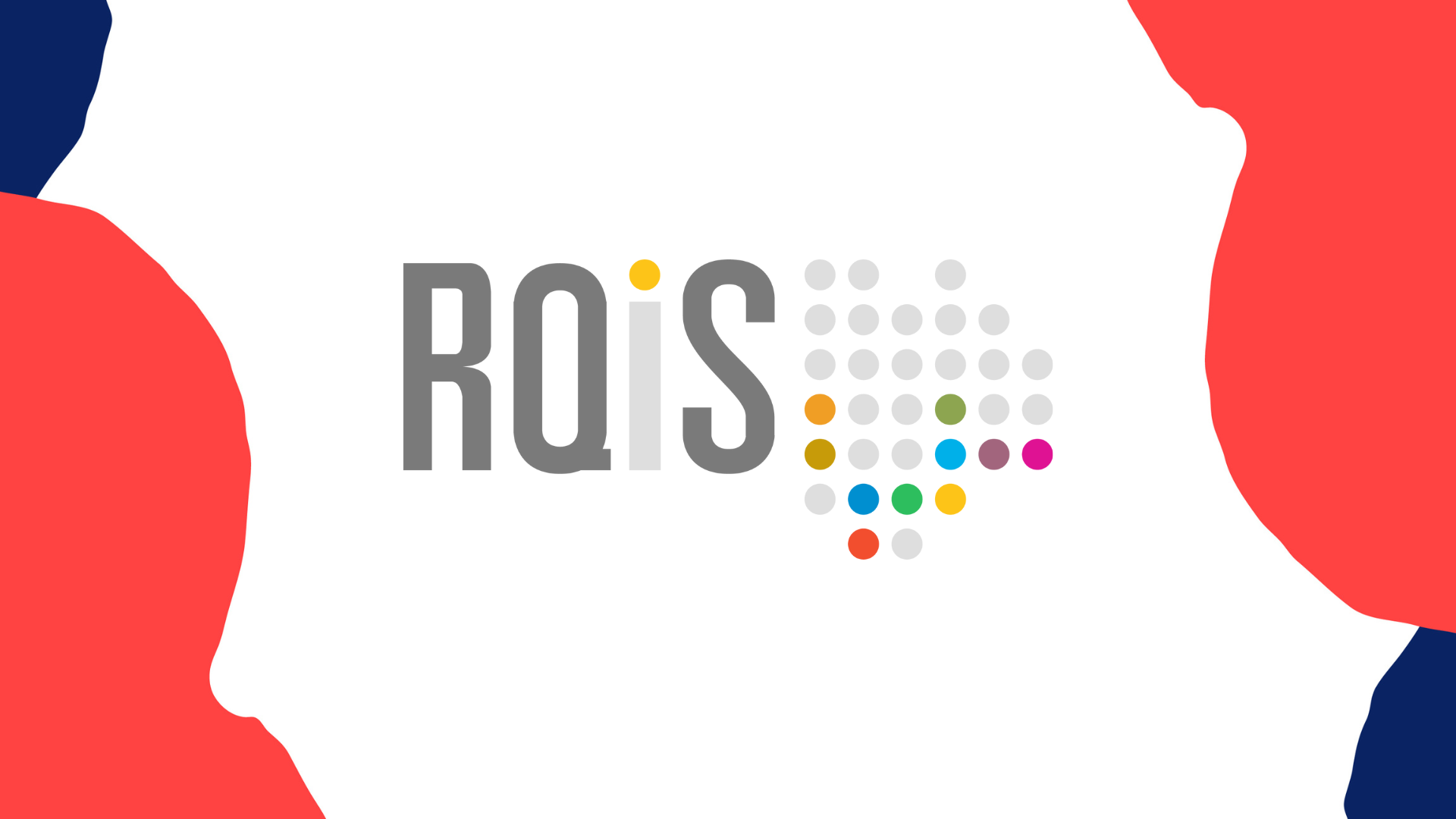
The Partnership for Open Access (POA) has been recognized as an example of social innovation by the Réseau québécois en innovation sociale, serving as a reminder of this initiative’s benefits for the research community and the general public.
Initiated by Érudit and the Canadian Research Knowledge Network (CRKN), the POA enables open access publishing in Canada. It provides financial support to non-commercial scholarly journals through the ongoing commitment of library partners and is based on a close collaboration between all stakeholders of the research ecosystem. As part of the diamond open access movement, the POA is building a collective, equitable, and robust path for the dissemination of knowledge.
What is a social innovation?
According to the criteria set by the Réseau québécois en innovation sociale (RQIS), a social innovation is an idea, a product or a type of organization that, by virtue of its innovative and creative nature, meets a social need more adequately than the solutions currently in place.
Social innovation must be systemic in scope and anchored in an institution, organization or community. In addition, it must produce a measurable, transformative benefit for the community. Other projects recognized by RQIS include:
- The Montréal Declaration for a Responsible Development of Artificial Intelligence (Université de Montréal): a collective document whose objective is to guide the development of AI so that it contributes to the well-being of everyone;
- CiviQc (Institut du Nouveau Monde): an education program that trains high school students in democracy and civic engagement (link in French only).
How is the POA a social innovation?
Access to scholarly publications has long been based on the commercialization of institutional subscriptions, whose main purchasers are university libraries and library consortia. With digital publishing becoming mainstream in the 1990s, the scholarly publishing community consolidated around an oligopoly of a few large commercial publishers. Seizing this opportunity, these publishers have been able to appropriate an ever-increasing share of the public funds intended to finance research, either through commercial agreements with libraries or by charging article processing fees to authors for publishing in open access.
With the POA, Érudit and CRKN are helping to change the balance of power in scholarly publishing. The POA is part of the diamond open access movement where journals do not charge fees to either readers or authors. The financial contributions by libraries to the POA are used to support independent Canadian scholarly journals to sustain their editorial activities in open access over the long-term. This model serves as a responsible investment of public funds to support research as a common good.
The POA’s social impact in figures



Overall, 54 Canadian university libraries and 243 scholarly journals have joined the POA, promoting access to research results in the humanities and social sciences without financial or geographical barriers. The POA has improved the dissemination and visibility of Canadian scholarly journals, whether French-language, English-language, or bilingual.
The number of open access journals on the erudit.org platform tripled between 2018 and 2023. The POA has demonstrably promoted access to scholarly publications: the number of article consultations on erudit.org grew by 70% between 2018 and 2023, reaching 38 million consultations in 2023. Érudit has presented this project in many countries and has established agreements with major international partners, notably in France (32 partner libraries) and Belgium (5 partner libraries).
We’d like to extend our warmest thanks to Geneviève Létourneau-Guillon, social and technosocial innovation consultant at Inven_T, for accompanying us throughout the RQIS process.
To learn more, visit Érudit’s page on the RQIS website (in French only).